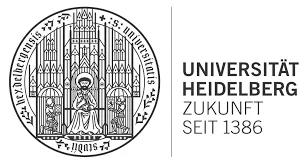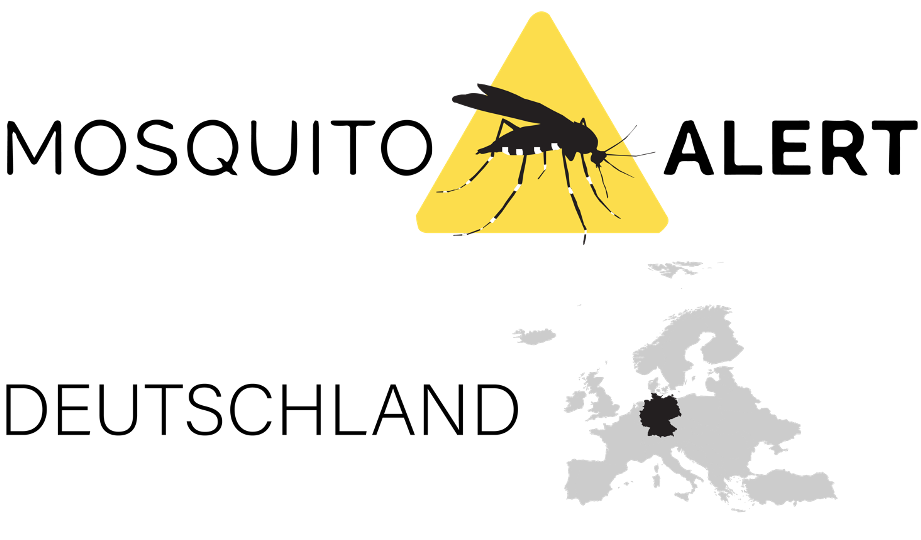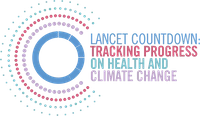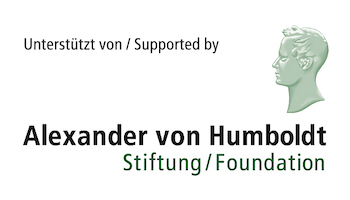


The PANDASIA project addresses the call by providing a framework that will increase our understanding of the biology of viruses with emerging infectious disease potential and their interaction with humans, animals and the environment and translating this understanding into proactive preventative actions. Such research is crucial for providing evidence-based knowledge and tools for better integrative public health measures for local and national actors. We will develop models to identify and predict drivers of disease emergence, which will be evaluated with real world data, refined and used to develop health and pandemic literacy intervention strategies that reduce risk of future viral emergence, thereby reducing the burden of zoonotic spillover to human health. Since pandemics arise at a local level it is important to engage with local communities and health, environment and agriculture authorities to improve their health and pandemic literacy to ensure adequate preparedness and vigilance for future spillover events and human, animal and environmental health threats. Understanding spillover dynamics and threats at local levels in emerging disease hotspot areas, such as Southeast Asia, is important for the European Union to improve preparedness and the ability to respond quickly to health emergencies and cross-border threats. The identified drivers are likely generalizable to other emerging infectious disease hotspots in the region and if successfully implemented in SE Asia could be adapted to other hotspot regions, such as in South America and Africa.

The CSIDlab is engaging in the citizen science activities of www.mosquito-alert.com through the IDAlert project. In 2023 the team organized the German launch of the tool and German Mosquito-Alert webpage https://www.mosquitoalert.de/. The overall objectives of the citizen science activities is to get a better understanding of the presence and abundance and interaction of mosquitoes and humans and improve the understanding of the risk of infectious disease outbreaks. Within the IDAlert project and in connection to Mosquito-Alert a case-study is built for studying patterns of invasive mosquitoes in the Heidelberg area.

IDAlert aims to tackle the emergence and transmission of zoonotic pathogens by developing novel indicators, innovative early warning systems and efficient tools for decision-makers, and by evaluating adaptation and mitigation strategies to build a Europe more resilient to emerging health threats. As our planet heats up due to climate change, outbreaks of zoonotic diseases – diseases that spread from animals to humans – are increasing and expanding to new parts of the world, in particular Europe. Warmer temperatures, more variable rainfall, and the loss of biodiversity, influence the survival and spread of zoonotic pathogens, and the reproduction and geographic location of their vectors, such as mosquitoes or ticks. Past and recent health crises, including the COVID-19 pandemic, have shown there is a need for stronger and more inclusive preparedness and responsiveness to epidemic-prone pathogens at the EU and global level. IDAlert aims to tackle this challenge by developing a range of decision-support tools and systems to enable decision-makers to act on time with improved responses. “The project has chosen an innovative co-creation, participatory, and citizen science approach, involving stakeholders from the start to integrate needs and address gaps, and a One Health perspective, recognising the close connection between humans, animals, and the environment, and the increase in infectious diseases,” says Joacim Rocklöv, Principal Investigator of IDAlert.

The Lancet Countdown works to ensure that health is at the centre of how governments understand and respond to climate change. Our work ranges from ensuring policymakers have access to high-quality evidence-based guidance, through to providing the health profession with the tools they need to improve public health.

ISIMIP offers a framework for consistently projecting the impacts of climate change across affected sectors and spatial scales. An international network of climate-impact modellers contribute to a comprehensive and consistent picture of the world under different climate-change scenarios.

Epidemics and pandemics - most of them caused by zoonotic and vector-borne emerging diseases - are globally threatening our health and welfare at an alarming pace. Prevention of future disease outbreaks will be pivotal to secure human welfare. “Biodiversity-is-good-for-our-health” has become a new paradigm in disease risk mitigation. Consequently, nature restoration targeting biodiversity recovery - isolated or in combination with public health interventions - has been identified as a major disease risk mitigation tool. The BEPREP (Identification of best practices for biodiversity recovery and public health interventions to prevent future epidemics and pandemics) project will fill this lack in knowledge and provide practical guidance. In spatially and temporally replicated field studies and experiments in 11 case studies in Europe and the tropics, the project aims to reveal the causal mechanisms of infection dynamics and how to interrupt infection pathways.

Within the PANDA project, the interdisciplinary team of scientists and practitioners aims to systematically investigate processes and interactions, human risk behaviors and actions, and structural barriers at the human-animal-environment interface, which lead to zoonotic infectious diseases emergence. PANDA places a strong focus on the social side of the interface, aiming to establish cultural contexts, knowledge, practices, and beliefs that contribute to increased exposure of humans to potential spillover. PANDA will engage local communities aiming to tailor One Health content and co-design a community-level intervention to attain pandemic preparedness and prevention literacy in high-risk settings. The project will investigate communities along the northern Thai-Lao border, a hotspot area of zoonotic disease emergence.

As domain scientists from all research fields need to be equipped with knowledge, methods and tools in the areas of Information & Data Science, a training and education initiative for researchers in the Helmholtz Association has been established. The Helmholtz Information & Data Science Academy (HIDA) will coordinate networking, education and training activities throughout the entire Helmholtz Association. It bundles the resources of all Information & Data Science Schools (HIDSS), including HIDSS4Health.

Is there a link between climate change and the spread of disease and, if so, what is it? Joacim Rocklövs Alexander von Humboldt Professorship informs this sometimes controversial discussion by delivering important data and analyses for modelling these interlinkages - the essential basis for political decisions. Investigating climate change and its impacts is one of the major challenges of our time. Joacim has a strong interdisciplinary focus in the fields of climate change, infection epidemiology and modelling. In the future, it should be possible to gauge the effects of the climate on health more efficiently; one goal is predictive models for early warning systems and better control of infectious diseases. His results are based on an innovative combination of data from various disciplines around the world with methods derived from AI, data mining and statistics.

The DFG funded research unit project Climate Change and Health in sub-Saharan Africa aims at i) establishing the causal pathways from weather changes through hydrological, agricultural, mobility and economic factors to health among defined rural populations in Burkina Faso and Kenya, ii) projecting future developments along these pathways, iii) quantifying the effectiveness, the socio-economic costs, and the changes in projections of promising climate-specific adaptation strategies, iv) upscaling the historic and projected scenarios from the local to the national level, and finally, v) identifying broader societal impacts related to long-term health consequences of climate change. Within the research unit we are leading sub-project eight (P8) aiming to generate new knowledge on the drivers, patterns and health impacts of mobility responses in relation to climate and weather variability, and to build a tool for anticipatory climate action which can help guide interventions seeking to reduce negative health impacts from mobility responses.